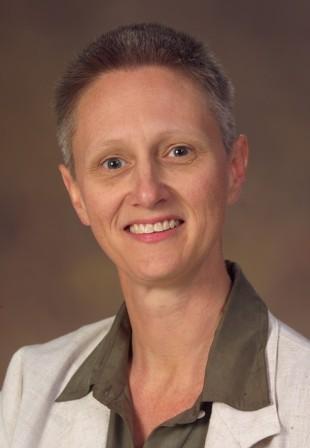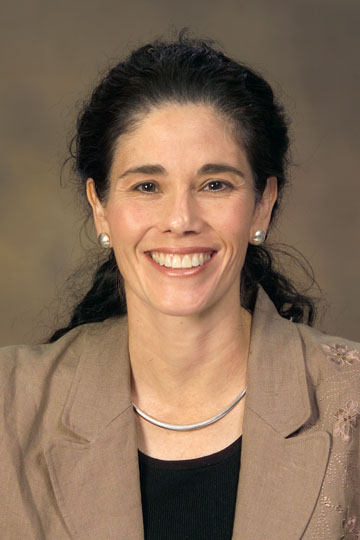Tracking Autism: UA Receives $1.7 Million CDC Grant to Study Autism Spectrum Disorders

Sydney Pettygrove PhD
Principal investigator Christopher Cunniff, MD, professor with the UA department of pediatrics, co-principal investigator Sydney Pettygrove, PhD, epidemiologist and assistant professor with the UA Mel and Enid Zuckerman College of Public Health, and developmental and behavioral pediatrician Sydney Rice, MD, assistant professor with the UA department of pediatrics, are leading the study.
Cunniff and his team will be reviewing the records of more than 4,000 children within Maricopa County to determine the prevalence of Autism Spectrum Disorders and intellectual disabilities in that region.

Christopher Cunniff, MD
This information will give us accurate data about the characteristics of children who have these developmental disabilities, and we will be able to document whether autism is indeed increasing, decreasing, or staying the same. In our most recent investigation of children who were 8 years old in 2006, we reported that Arizona has a higher prevalence of ASD than many other states: about 1 in 83 children, compared to around 1 in 100 in other regions, says Dr. Cunniff.
The other 10 study areas are Alabama, Arkansas, Colorado, Maryland, Missouri, New Jersey, North Carolina, South Carolina, Utah and Wisconsin. The sites are part of the Autism and Developmental Disabilities Monitoring (ADDM) Network that will provide comparable, population-based estimates of the number of children who have autism and related disorders in different sites over time.

Sydney Rice, MD
Autism spectrum disorders (ASD) are lifelong developmental disabilities characterized by repetitive behaviors and social and communication problems. ASD include autistic disorder, pervasive developmental disorder -- not otherwise specified (PDD-NOS, including atypical autism), and Asperger's disorder. Individuals with ASD have significant impairments in social and communication skills, and unusual behaviors or interests. ASD begins during childhood and lasts throughout a person's life.
Eventually, we hope to come to a point where we can possibly intervene with caregivers and pediatricians and give them information about how better to diagnose children in the early stages of autism and perhaps improve their outcomes says Dr. Cunniff.

